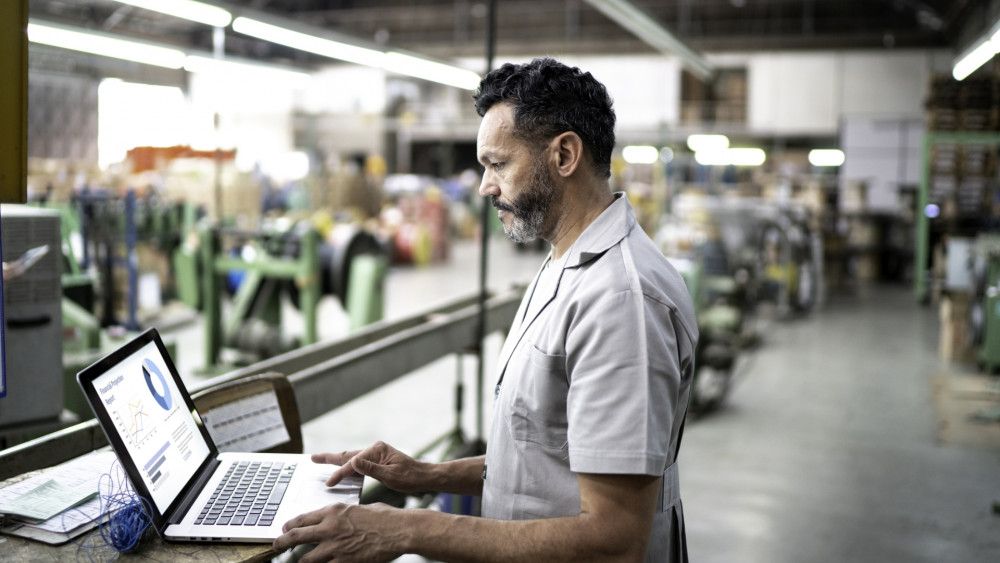Thursday November 21, 2024
- ALL NEWS
- SMALL & MEDIUM ENTERPRISES (SME)
- INTERNATIONAL TRADE
-
REGIONS
-
NON-REGIONAL
Search

While many manufacturers have been struggling to hire skilled workers for many years, the prevailing global pandemic has escalated this matter.
A recent study indicates that manufacturers are struggling to fill up to 46% of vacant positions due to skill mismatch. Moreover, a continued shortage of skilled labor might delay the manufacturing industry’s full recovery.
Understaffing in Production Chains
Before the Covid-19 pandemic, up to 38% of companies in the manufacturing sector struggled to find skillful workers. However, this number has since increased to 54%, with almost two out of three manufacturers having difficulties in filling crucial labor gaps.
Many manufacturing production chains have mostly lacked labor forces since March 2021, not to mention the rising unemployment levels triggered by the pandemic. The study identified new developing issues during Covid, such as workers missing planned shifts without notice.
Moreover, up to 68% of manufacturers had to release their workers following poor attendance, while 13% of managers admitted to adjusting labor programs to deal with unexpected absences.
Even then, there has been a 15% increase in turnover in the last year. Almost three out of five manufacturers (approximately 59%) had more than average turnover between March 2020 and March 2021, increasing from the previous 44% turnover between March 2019 and March 2020. Up to 71% of multinational companies' revenue grew at the beginning of the pandemic, compared to only 52% in the US.
The lack of a sufficient workforce affects productivity in the manufacturing sector and leaves the existing employees burnt out.

Many Manufacturers are Investing More in the Workforce
Manufacturers are now choosing to invest in their workforce, with 73% of them focusing on cross-training their employees. One out of three manufacturers offers mentorship programs to promote knowledge transfer while they prepare to replace retirees. Approximately 81% representing four out of five manufacturers say investing in their employees is a critical part of their digital-revolution concept.
Many frontline managers already receive the right resources and tools to facilitate career advancement. Still, there is growth potential, seeing that approximately 28% of manufacturers admit that their workers can modify their work programs or plan their work preferences or availability. Currently, predicting and organizing schedules for both part-time and full-time employees has become a difficult task.
Adopting New Technologies
Almost three out of four manufacturers have adopted new technologies in a bid to boost their digital approach within the beginning of the Covid-19 pandemic. For example, the use of automated worker programming solutions is on the rise.
More manufacturers are also leveraging onsite mobile technology that facilitates flexible working practices such as requesting program changes via mobile gadgets.
Manufacturers today are striving to recruit workers from alternative skill pools, with many hiring individuals with non-conventional skills and working history.
Stay Tuned with Exports News
Exports News realizes the importance of international trade as well and strives to provide all the latest updates in the business and import/export world for our users. Make sure to check out our site to learn more!
No Comments
Add comment



We’re happy you are satisfied with Exports News. Please let us know if you need enything!
support@exportsnews.comWe’re sorry your experience was not satisfactory. Please let us know how we can improve your experience:
Please contact us with any questions or concerns: support@exportsnews.com


Your feedback has been received! If you have any other questions or concerns, please contact us at:


There aren't any comments yet. Be the first to comment!